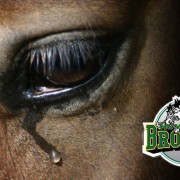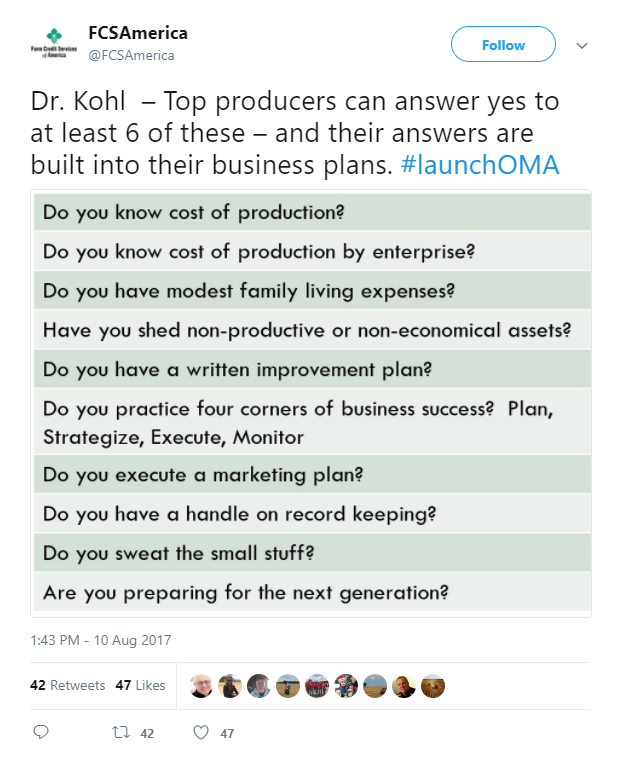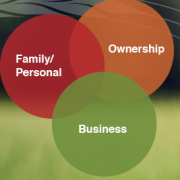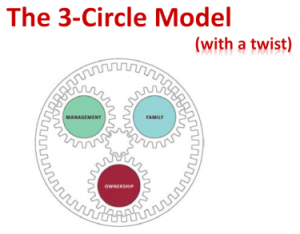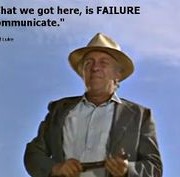When Tragedy Strikes
It hits hard. Like a body blow from Mike Tyson. You didn’t know you could feel that much pain. Suddenly, everything else seem to not matter except for what you’re feeling in that moment.
When word began to spread during the evening of April 6, the feeling of shock touched everyone. A Junior “A” hockey team in their charter bus on the way to play Game 5 of the league semi-final series collides with a loaded semi tractor-trailer.
Shock instantly turned to devastation. Twenty-nine on the bus. Fifteen would perish. Ten of those lost were players on the team, aged 16 to 21.
 It took me until the next morning to be able to gather any sort of rational thought. The realization that so many families would be more profoundly affected than most any of us can imagine can take some time to sink in.
It took me until the next morning to be able to gather any sort of rational thought. The realization that so many families would be more profoundly affected than most any of us can imagine can take some time to sink in.
Then the world took notice. To make an already told story short, in less than 60 hours people from around the world have donated, at the time of this writing, nearly $6million to help support the families of the victims of this horrible tragedy. https://www.gofundme.com/funds-for-humboldt-broncos
I lost one of my oldest friends in our senior year of high school. She was a passenger in a car, unassuming on a Friday afternoon, her dad’s birthday of all days, when a tragic collision took her…three weeks before her 18th birthday, six weeks before her high school graduation. It will be 25 years next month since she’s been gone.
Life is fragile, it can change in a blink, and must not be taken for granted. Facing our own mortality is not easy; it is something that young men playing junior hockey, nor my old friend, had not likely given much thought.
None of us is immune to the tragedy that the world can bring our way. If tragedy strikes your business, how will it carry on? Are all your affairs in order? What if you or a key person in your business didn’t come home tonight?
Plan for Prosperity
Proper business planning has us strategizing on how to handle the “what if”. This type of preparation also applies to our person. Get your will, powers of attorney, and organ donor card in place; share your wishes with your loved ones; don’t take the inevitable for granted.
And hug those you love…often. Life is never fair, and is always short.

